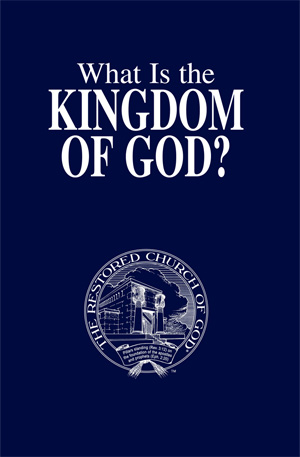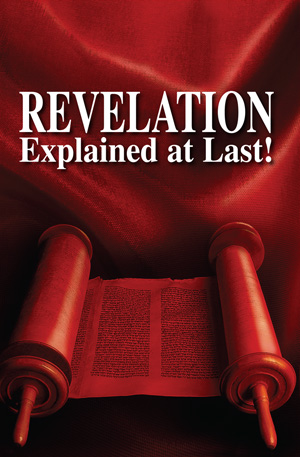King Belshazzar was throwing a party for some fellow rulers of the Babylonian Empire. As they were praising pagan gods (Daniel 5:1-5), a hand appeared to write those words on the palace wall.
These words were units of weight, much like the ounce and pound or the gram and kilogram. The base unit in Babylon was the gold shekel or “tekel.” Twenty-five shekels made a “upharsin,” and fifty shekels made a “mena.” The phrase also therefore indicated a sum, as follows:
MENA (50) + MENA (50) + TEKEL (1) + UPHARSIN (25) = 126
Furthermore, each shekel was divided into 20 gerahs (Ezek. 45:12), so the above total of 126 shekels also equals 2,520 gerahs.
As Daniel interpreted the vision for Belshazzar in Daniel 5:26-28, this phrase indicated that God had measured the Babylonian kingdom and had found it lacking. This prophecy was also confirming a previous prophecy that Daniel had foretold to Belshazzar’s father and predecessor, King Nebuchadnezzar—that Babylon was going to be punished for 2,520 years.
In Daniel 4, Nebuchadnezzar had been told that his kingdom would suffer punishment of “seven times.” In the Bible, a “time” is equal to a year of 360 days, as indicated in Revelation 12:6, 14 and 13:5. Each verse is talking about the same period of time, that being 1,260 days, 3.5 “times” or 42 months, respectively. Therefore, seven times is the equivalent of 2,520 days. However, as is the case in many prophecies, a day represents a year (Num. 14:34; Ezek. 4:6), so this “seven times” actually indicates 2,520 years.
In conclusion, we see that, in addition to the literal “word-for-word” interpretation that Daniel offered Belshazzar (vs. 26-28), he also prophesied that the Babylonian kingdom would be punished for 2,520 years (fulfillment begins in Dan. 5:30-31), after which it was to rise again (Dan. 4), one final time, as the Holy Roman Empire in Europe (Rev. 17 and 18), before the Return of Jesus Christ.
For more information regarding these soon-coming, amazing and sobering times, request our free booklets Revelation Explained at Last!, Who or What Is the Beast of Revelation? and What Is the Kingdom of God?




















